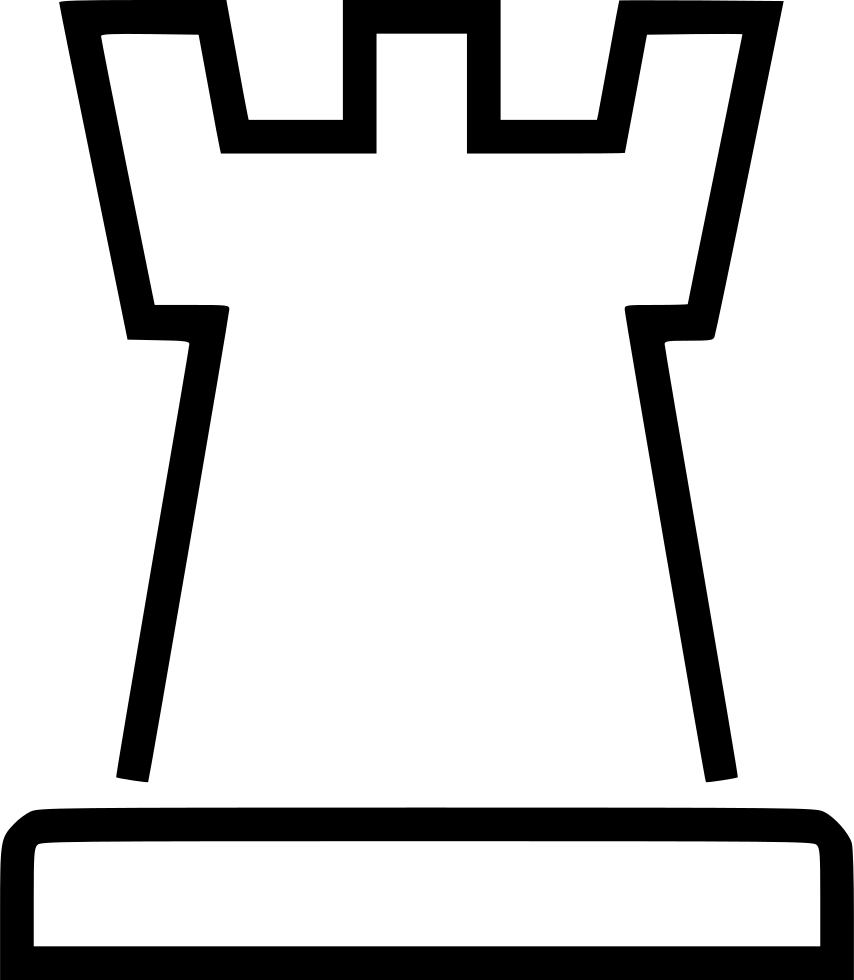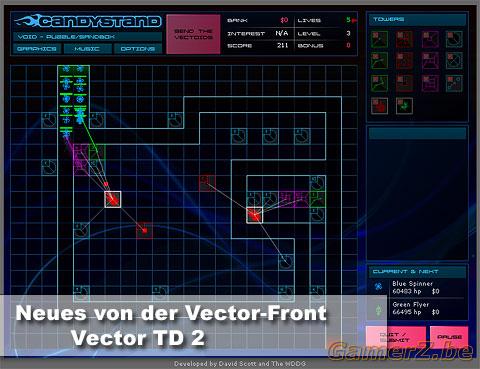
Use a LV-909 "Terrier" Liquid Fuel Engine for this stage. Put a TR-18A Stack Decoupler under the engine with a FL-T400 Fuel Tank under that. The middle stage will carry your rocket from Kerbin Orbit to the Munar Orbit and might also help with your lunar landing. Put an Mk16 Parachute on top of the Mk1 Command Pod for the landing on Kerbin Middle Stage If you want to gather science from the surface, put two SC-9001 Science Jrs on ether side with the science experiments on them. Just make sure they can touch the ground below the engine. Don't forget the landing legs! Put a set of four LT-05 Micro Landing Struts as close to the bottom of the fuel tanks as possible. Put two FL-T400 Fuel Tanks with a LV-909 "Terrier" Liquid Fuel Engine under that. Start with an Mk1 Command Pod and put a heat shield and a TD-12 Decoupler under that. The upper stage of your lander should be fully capable of landing and returning from the Mun. So why would you go to the Mun? Here are some reasons why:Īdditionally, you will need a basic understanding of orbital mechanics (see Tutorials section and Getting Into Orbit tutorial), maneuver nodes, angles, and a lot of patience.Ī Mun lander that is fully capable of landing and returning from the Mun. Going to your first moon can be a challenge.



We are excited to announce the appointments of Gautam Kamath, Renjie Liao, Sivan Sabato as Canada CIFAR #AI Chairs. Our community of world-class AI researchers is expanding.

U of T receives $200-million grant to support Acceleration Consortium's ‘self-driving labs’ research I look forward to continued collaboration with Alán and the University of Toronto advancing #AI for #sciences and continuing to position Ontario and Canada as a leader in this space.
Vector td walk through software#
Vector has had a long partnership with The Acceleration Consortium (AC), the Matter Lab, most recently supporting the launch of Gryffin-an “off-the-shelf” software package to power the back-end of autonomous laboratories that will ultimately propel the next generation of scientific experimentation. Congratulations to Alán Aspuru-Guzik, a professor in the departments of chemistry and computer science in the Faculty of Arts & Science at UofT who is also a CIFAR AI Chair at Vector Institute - for being awarded a $200-million grant from the Canada First Research Excellence Fund (CFREF) to revolutionize the speed and impact of scientific discovery through its Acceleration Consortium!


 0 kommentar(er)
0 kommentar(er)
